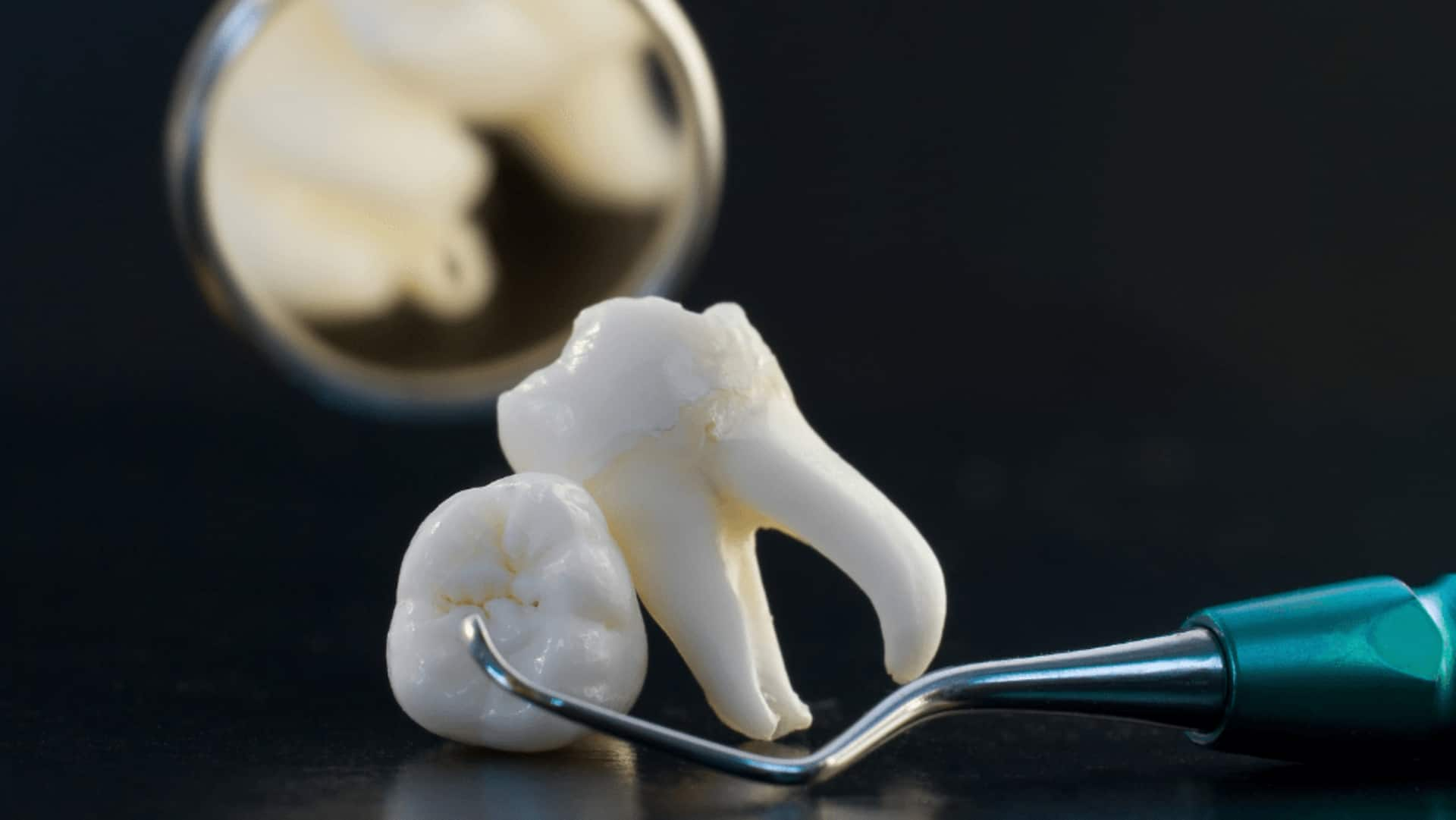
Scientists grow human teeth in lab for the first time
What's the story
In a groundbreaking achievement, scientists at King's College London have successfully grown human teeth in a lab.
This significant scientific advancement offers an innovative solution to dental problems, potentially replacing traditional methods such as fillings and implants.
The research team, in collaboration with Imperial College London, created a material that simulates the conditions necessary for tooth development.
Technique
How the team achieved this feat?
The team's novel method uses cells, biomaterials, and growth factors to build tooth structures that mimic the properties and functions of natural teeth.
The final goal of this regenerative dentistry method is to bioengineer a whole tooth by mimicking interactions between dental epithelium and mesenchyme (embryonic connective tissue that give rise to most tissues).
Dr. Ana Angelova-Volponi said her motivation behind this research was "the idea of replacing the tooth in a biological way by regrowing it."
Advantages
Lab-grown teeth offer a more durable solution
Tooth loss is a common health problem that affects millions around the world, causing problems more than just chewing and speaking.
These lab-grown teeth, Xuechen Zhang, a PhD student at the Faculty of Dentistry, Oral and Craniofacial Sciences, said, would naturally regenerate and integrate into the jaw as real ones.
He claimed they provide "a more durable and biologically compatible solution than fillings or implants."
Implementation
Next challenge is to implant them in patients
The next phase of this research is to figure out how to implant these lab-grown teeth into a patient's mouth.
Zhang proposed several ideas for this process, including transplanting young tooth cells at the site of the missing tooth and allowing them to grow inside the mouth.
Despite potential challenges, this breakthrough could usher in a new era in dental care.